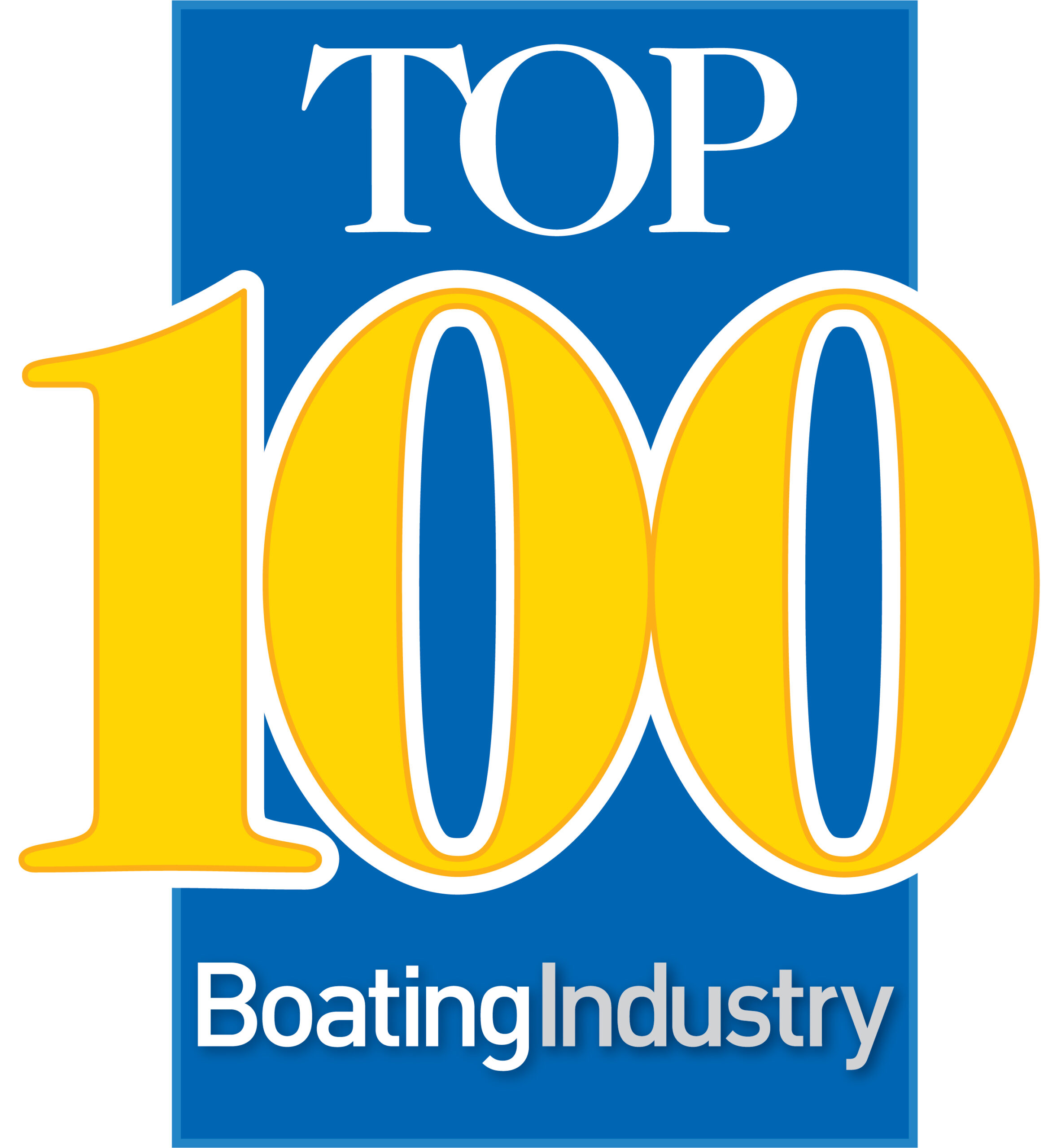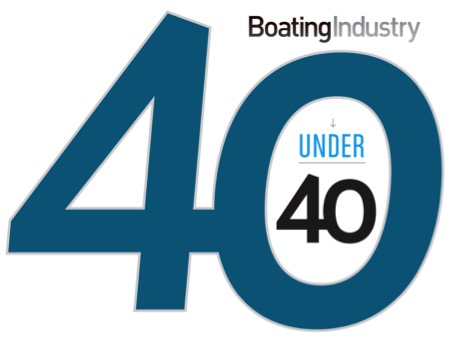Why it’s good to be small
 Small businesses have an advantage in this economy. So wrote Harvard Business blogger Peter Bergman in a recent article . “The gap of confidence between small companies and big ones is growing,” he stated. “We used to rely on the security of big companies. That’s why we worked for them. And hired them. And put our money in them. But with the virtual collapse of AIG, Lehman, Citibank, GM, Chrysler, and many more – now even GE is in trouble – all that’s changed. Now it’s a risk to do business with the big ones.”
Small businesses have an advantage in this economy. So wrote Harvard Business blogger Peter Bergman in a recent article . “The gap of confidence between small companies and big ones is growing,” he stated. “We used to rely on the security of big companies. That’s why we worked for them. And hired them. And put our money in them. But with the virtual collapse of AIG, Lehman, Citibank, GM, Chrysler, and many more – now even GE is in trouble – all that’s changed. Now it’s a risk to do business with the big ones.”
Now, we’re looking to buy products and services from people we trust, people with whom we have relationships. That gives small businesses a leg up on their bigger competitors. When you buy a boat from a company with five or even 25 employees, chances are you’ll get to know one of the owners. Tony Villareale, president of boat dealership Hampton Watercraft & Marine Inc., says he’s frequently seated next to customers when he goes out to dinner in his small town of Hampton Bays, N.Y. As a consumer, there’s something comforting about that idea.
The marine industry’s small businesses also have an advantage because of the speed with which they can adjust to market conditions. It doesn’t take long to update a staff of five on a new marketing initiative or a change in strategy. But, with limited resources to spend on formal training and a small group of employees, can come a small pool of new ideas from which to draw.
The information and ideas dealerships need to adjust their businesses for today’s reality can be found in numerous places: from local, regional, state and national associations, 20 Groups, and executive and community groups to business publications, professional trainers and consultants. Dealership principals must have a real commitment to exposing themselves and their employees to a diversity of perspectives to reap the rewards of their advantages.
Where better for a small business to fulfill that commitment than an industry conference? During a recent meeting of the Marine Dealer Conference & Expo committee, I was surprised to learn that many small dealers don’t attend the conference because they believe it’s designed to appeal to their bigger competitors. In reality, the opposite is true. The retail giants of the world can often afford to bring the industry’s leading consultants and trainers into their businesses. They can hire employees and specialists with experience in each of the various niches their business encompasses. Though they often attend such conferences, you could argue that they need it least among their peers.
In comparison, the MDCE may be the only opportunity in a given year for the industry’s smallest dealers to absorb such a diversity of ideas and information from consultants and trainers, as well as the industry’s most professional and successful dealers. And such exposure is offered all in one place for a relatively inexpensive fee.
If you own a small dealership, now may be your opportunity to leverage your advantages in today’s market and take the share you deserve. And the Marine Dealer Conference & Expo has been crafted to give you – no matter how big or small your business is – the tools you need to improve and grow in today’s challenging environment. Don’t pass it by.





Liz, it’s interesting that you mention a Harvard Business blogger, because I have always been fascinated by the coincidence of the rise of the Harvard School of Business and its hard-numbers analytical approach, and the decline post-1980 of, what we might term, human values in U.S. corporate management.
However, be that as it may, I have always believed that consolidation in the marine industry is a bad thing. For as long as I can remember, there have been complaints about the U.S. marine industry being composed of too many “cottage” or “mom and pop” operations. And close behind that complaint follows the call for consolidation, that is, a move toward fewer, but much larger marine firms. Supposedly, the consolidation model would bring increased efficiency, improved productivity, and an expanded U.S. position in global markets.
Unfortunately, what consolidation has in reality wrought is a proliferation of top-heavy, overly cumbersome, often publicly traded (and so stock-price driven) firms which lack the reactive adaptability and/or the sheer ownership/management gumption to risk riding out economic downturns.
The owners of a small privately-held firm are more often than not committed to the business for reasons beyond pure profit. Heaven knows that if profit is your only motive, there are always better opportunities for any given degree of risk than in the recreational marine industry. Most people in the marine business are in it because, can we say this, they love it. And in most cases, the owners of these small marine businesses will risk hearth and home to see their businesses through a recession. And until the previous decade, that was the abiding strength of the U.S. marine industry, and why in downturns past it survived contrary to the expectations of a “rational business model.”
Bottom line? Bigger is not necessarily, not even often, better. It’s a myth foisted upon us by the proponents/progenitors of globalization. And we are in the midst of learning the consequences of heretofore accepting that myth as truth.